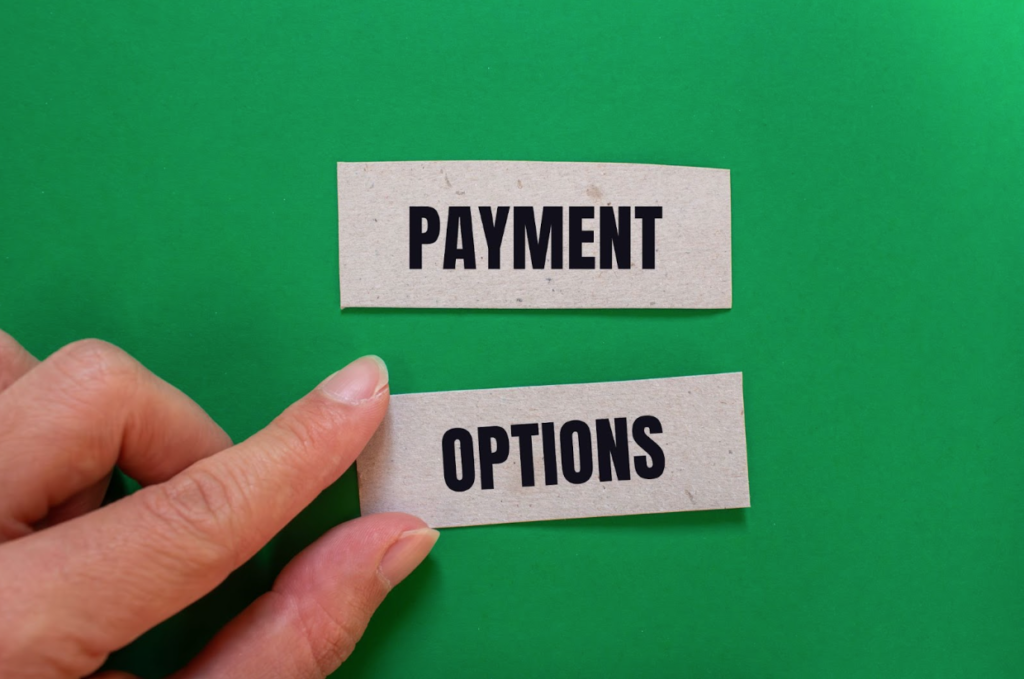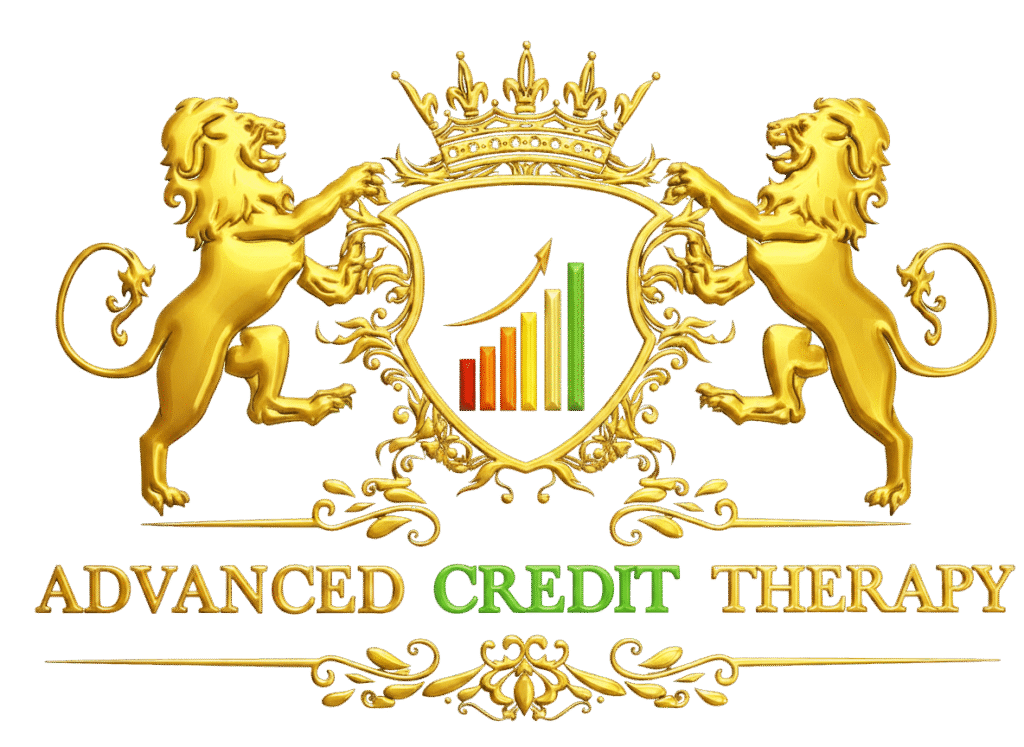
Let’s dive deep into an important topic that affects many of us: credit card minimum payments. If you’ve ever carried a balance on your card, you know that minimum payments can be both a blessing and a curse. Let’s break it down.
What Are Credit Card Minimum Payments?
When you receive your credit card statement each month, you’ll notice a “minimum payment” listed. This is the smallest amount you’re required to pay to keep your account in good standing. By making this payment, you avoid late fees and penalties. But remember, interest keeps piling up on any balance you don’t pay in full.
Let’s say you have a $1,000 balance, and your minimum payment is $25. You could pay just $25 this month, but the rest of the balance will accumulate interest. That means you’ll owe more next month, even if you don’t spend another penny. Over time, this interest can add up quickly, making it harder to get out of debt.
How Are Minimum Payments Calculated?
The way your minimum payment is calculated depends on your credit card company. Usually, it’s a percentage of your balance plus interest and any fees. Here’s a common scenario: if your balance is $1,000 and your card’s interest rate is 20%, your minimum payment might be around 2-3% of your balance. So, you’d need to pay about $25 to $30 each month.
But here’s the thing—making just the minimum payment means most of your money goes towards paying interest, not reducing your balance. In fact, credit card companies often provide a “minimum payment warning” on your statement, showing how long it will take to pay off your balance if you only make minimum payments. Spoiler alert: it’s usually a long time.
What Happens If You Only Make Minimum Payments?
If you consistently make only the minimum payments, you’ll be stuck in debt for a long time. That’s because most of your payment goes toward interest, not your principal balance. In the end, you’ll pay much more than what you originally borrowed.
For example, on a $1,000 balance, if you only pay the minimum, it could take you years to pay off that balance. And by the time you’re done, you might have paid hundreds of dollars in interest.
The Impact of Missing a Minimum Payment
What happens if you miss a payment? Well, missing a minimum payment can lead to some serious consequences. First, your credit card company will probably charge you a late fee. Second, your interest rate might increase, making it even more expensive to carry a balance.
Worst of all, a missed payment could be reported to the credit bureaus, which can hurt your credit score. This is important because your credit score affects many areas of your life, from getting approved for loans to even applying for a job or apartment.
Strategies to Reduce Minimum Payments and Get Out of Debt
Now that we understand how minimum payments work, let’s talk about some strategies to manage them and get out of debt faster:
- Pay more than the minimum. This is the simplest way to avoid drowning in debt. Even if you can only pay $10 or $20 more, it will help you chip away at the balance faster and reduce how much you pay in interest over time.
- Stop using your credit card for new purchases. It’s easy to swipe your card for everyday purchases, but that just adds to your balance. Focus on paying off what you owe before making new charges.
- Use a debt repayment strategy like the debt snowball or debt avalanche method. With the snowball method, you pay off your smallest debts first, then move on to the larger ones. With the avalanche method, you focus on paying off the debt with the highest interest rate first. Both methods can help you pay off debt faster.
- Consider a balance transfer. Some credit cards offer low or 0% introductory rates for balance transfers. This can be a great way to save on interest and lower your minimum payments. Just watch out for fees and be sure to pay off the balance before the promotional period ends.
- Create a budget and cut back on unnecessary expenses. Use the extra money you save to pay off your credit card debt.
Conclusion
While making minimum payments can keep you out of immediate trouble, it’s not a long-term solution for managing credit card debt. To avoid getting stuck in a cycle of debt, aim to pay more than the minimum whenever you can. By doing so, you’ll reduce your interest charges and pay off your balance much faster.
